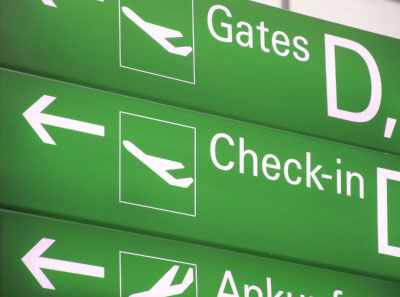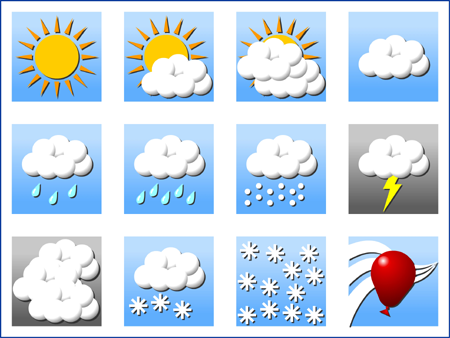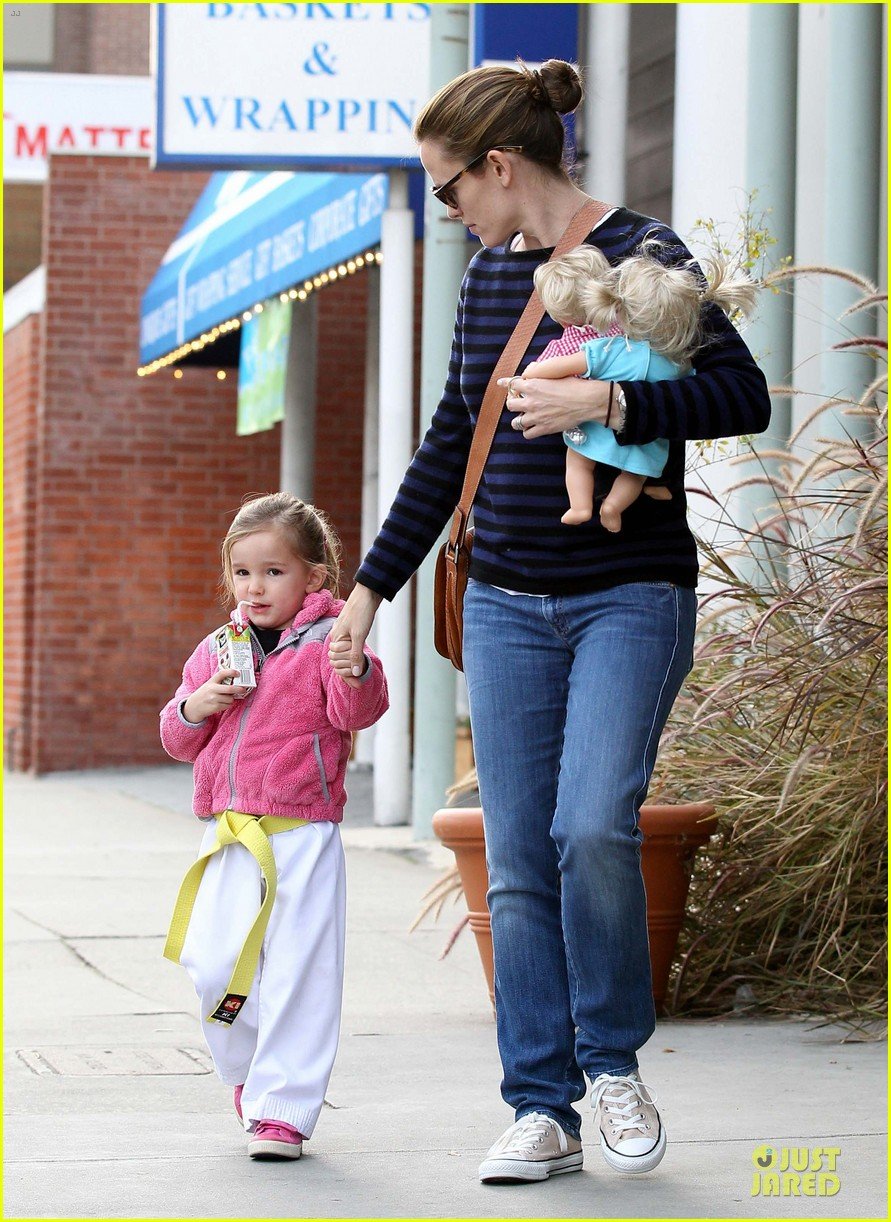I
CAN’T FIND MY SEAT

- Excuse me, can you help me find my seat?
- Yes, certainly. May I have your boarding pass, please?
- Yes, here you are.
- You are in 11K. It´s the third aisle seat on the right.
- Thanks.
*****
- Yes, certainly. May I have your boarding pass, please?
- Yes, here you are.
- You are in 11K. It´s the third aisle seat on the right.
- Thanks.
*****
- Excuse me. I think I´m in 11K. I think you´re sitting in
my seat.
- I don´t think so. My ticket says 11K.
- Look, my boarding card says 11K.
- Oh, let me find my boarding card. Oh my card says 11K too.
- There must be some mistake, let me find the air stewardess.
- Sorry, there must have been some mistake at the booking desk.
- Could you please find me another window seat, please?
- I will see what I can do. Wait one moment please.
- Fine.
- Sorry about the mix-up. We don’t have a seat in economy, but we can offer you a seat in first class with a window seat.
- Great, that would be perfect.
- I don´t think so. My ticket says 11K.
- Look, my boarding card says 11K.
- Oh, let me find my boarding card. Oh my card says 11K too.
- There must be some mistake, let me find the air stewardess.
- Sorry, there must have been some mistake at the booking desk.
- Could you please find me another window seat, please?
- I will see what I can do. Wait one moment please.
- Fine.
- Sorry about the mix-up. We don’t have a seat in economy, but we can offer you a seat in first class with a window seat.
- Great, that would be perfect.

IMPORTANT PHRASES
Can you help me find my seat?
May I have your boarding pass, please?
Here you are.
It´s the third aisle seat on the right.
I think you´re sitting in my seat.
I don’t think so.
There must be some mistake.
Let me find the air stewardess.
There must have been some mistake at the booking desk.
Could you please find me another window seat?
I will see what I can do.
Wait one moment please.
May I have your boarding pass, please?
Here you are.
It´s the third aisle seat on the right.
I think you´re sitting in my seat.
I don’t think so.
There must be some mistake.
Let me find the air stewardess.
There must have been some mistake at the booking desk.
Could you please find me another window seat?
I will see what I can do.
Wait one moment please.
IMPORTANT WORDS
aisle
on the right
on the left
boarding card
mistake
air stewardess
mix-up
in economy
to offer
on the right
on the left
boarding card
mistake
air stewardess
mix-up
in economy
to offer




























